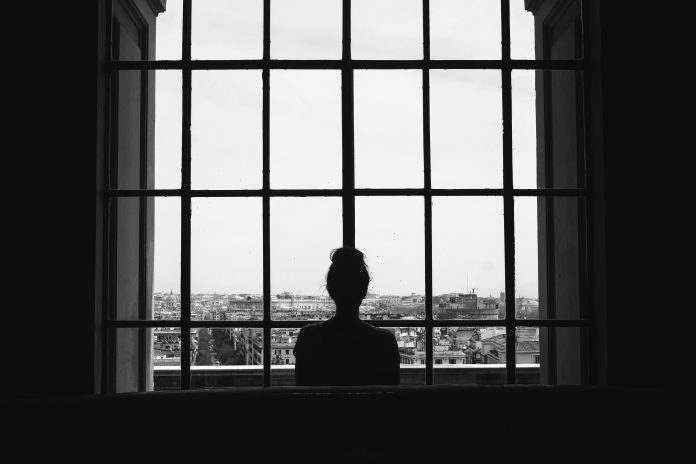Research by the University of Phoenix found that 41% of Americans are worried about COVID-19 anxiety levels, even more than concerns about paying bills and rent
The University of Phoenix recently announced Harris Poll findings regarding U.S. adults’ perceptions of the COVID-19 pandemic. This survey was conducted online within the United States by The Harris Poll on behalf of University of Phoenix from 30 – 31 March, 2020, using 1,055 US adults aged 18 and older.
The survey found more than two in five (41%) of Americans say they are most concerned about experiencing increased anxiety; more so than not being able to pay their bills (33%), reduced job salary/work hours (26%), or losing their job/not being able to get a new job (22%).
Respondents expressed other mental health concerns as well. More than two in three Americans (68%) say they feel like everything is out of their control right now and more than half (56%) say they are balancing more now than ever before during this pandemic. This is symptomatic of COVID-19 anxiety, a phenomenon that is currently sweeping the globe.
Separate research co-authored by Carol North, M.D., a UT Southwestern crisis psychiatrist who has studied survivors of disasters including the 9/11 terrorist attacks and Hurricane Katrina, explores the psychosocial needs of patients and healthcare workers during this pandemic.
She commented:
“There is the fear of being exposed and getting sick and dying, as well as the loss of the lives of friends and relatives. Then there are secondary effects – lost paychecks and the economic woes.
“Rates of suicide go up in populations when economic times get bad. People get stressed more in general when times are bad.”
Key COVID-19 concerns according to the poll
Respondents’ top concerns as a result of COVID-19 were:
- My loved ones’ health – 71%
- My own health – 61%
- Experiencing increased anxiety – 41%
- Not being able to pay my bills – 33%
- Missing out on celebrating milestones – 30%
What are the habits of the American public?
Although Americans report feelings of being overwhelmed and anxious, they also express feelings of gratitude and hope with 65% saying they are thankful for their health, family and friends. Americans are also looking toward the future when social distancing guidelines are lifted. The survey found nearly 2 in 5 (38%) are optimistic that the country will come out of this pandemic stronger than ever and 30% are making plans for a post-pandemic future.
Still, many Americans are worried about the long- term mental health repercussions of being quarantined. The vast majority of Americans (84%) say that if the social distancing continues longer than they expect, it will have an impact on their mental health.
Four in ten Americans are lonelier now than ever before, according to the survey response.
Dr. Dean Aslinia, counselling department chair at University of Phoenix said:
“While many people are currently feeling anxiety, there can be several ways to maintain good mental health by making small behaviour changes.
“Instead of texting or emailing, make a phone call or use video chat to build a more meaningful connection. Build activity in your day by trying something new or setting a goal for yourself to start a new project. Remember, it is okay to seek professional help if your negative feelings persist. Many mental health practitioners are offering virtual counselling sessions so you can have someone to talk to without leaving the house.
How are people improving their COVID-19 anxiety?
If there is a silver lining in social distancing, the survey suggests that many people are engaging in activities to maintain connections and improve their mental health.
- Checked in with a loved one – 60%
- Increased my exercise – 35%
- Limited my news consumption – 30%
- Performed acts of kindness for others – 29%
Dr Aslinia said:
“It is encouraging to see some people take this time to practice habits that will improve their mental health.
“Feelings of anxiety are not solely due to isolation or social distancing. The everyday choices we make including technology overuse, impersonal interactions and engaging with people that are unhealthy for us, all lead to anxiety. If something good can come from this pandemic, we can hopefully recognize the need for intentional behaviours that maintain and improve our mental health.”
Carol North, 9/11 and Hurricane Katrina expert, encourages the active maintenance of a schedule to fight COVID-19 anxiety levels:
“Get up. Have breakfast. Get dressed.”
She advises the population to stop following COVID-19 news if their stress levels increase as they consume it, but also spoke of the high possibility of mental stability in navigating this biological disaster.
“Most people are resilient. Most people don’t develop psychiatric illness after even horrible things, and most people who develop psychiatric illness can recover.
“After 9/11, only a third of the people directly exposed developed PTSD (35% in her study).”











